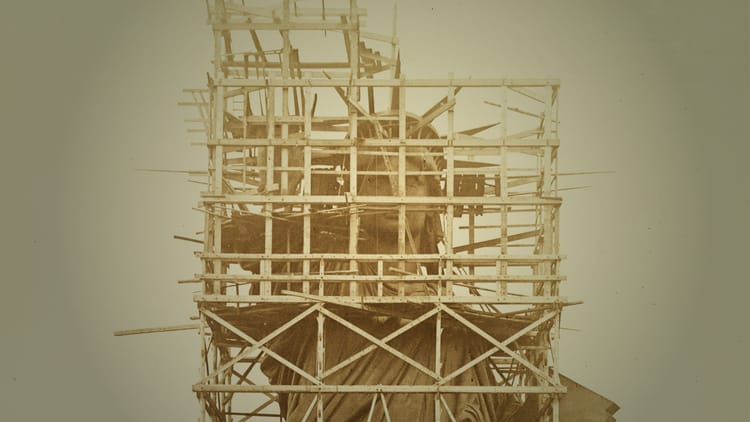Hard to pin down

In 2024, more than 1.5 billion people cast ballots in elections across 73 countries—both records. Some elections were in authoritarian regimes where the outcomes were clear before election day, but most were in democracies. Seven of the 10 most populous countries in the world held national elections, including India, the United States, Indonesia, and Russia.
Despite the immense diversity in political systems, traditions, and circumstances, one clear pattern emerged globally: a rejection of incumbent parties and leaders. For the first time ever, incumbents lost vote share in all 12 of the developed Western countries that held national elections. In all developed countries, incumbents’ average vote share declined by an average of about 7 percent—also a record, and more than double the average drop in any year during or after the Great Recession.
That we’d see any pattern this stark all around the world is remarkable. It also raises the question of what other patterns might there be behind it. Is there more to what happened globally than a wave of anti-incumbency?
Steven Levitsky is a professor of government at Harvard University and the co-author of the 2018 book How Democracies Die. Levitsky says one of the most notable is in voter support for parties in the broad category of the populist right: Overall, these parties gained support—even if India’s Bharatiya Janata Party, in office for 10 years, saw its share of the vote unexpectedly decrease and had to form a coalition to keep its governing majority. Another pattern is among the leaders of the populist-right parties coming to power, particularly in Western Europe: Many liberals and liberal media outlets had expressed fears that these leaders would undermine democracy, as Hungary’s Viktor Orbán, India’s Narendra Modi, and other prominent populist-right leaders have done in recent years. But while some of these new European leaders do advocate certain discriminatory policies, even among their own citizens, none are challenging the foundational institutions of democracy like the independent judiciary, free media, or regular and fair elections—raising the question of how these new leaders relate to the Orbáns and the Modis of the world at all …
Michael Bluhm: What stands out to you from the “year of the ballot”?






